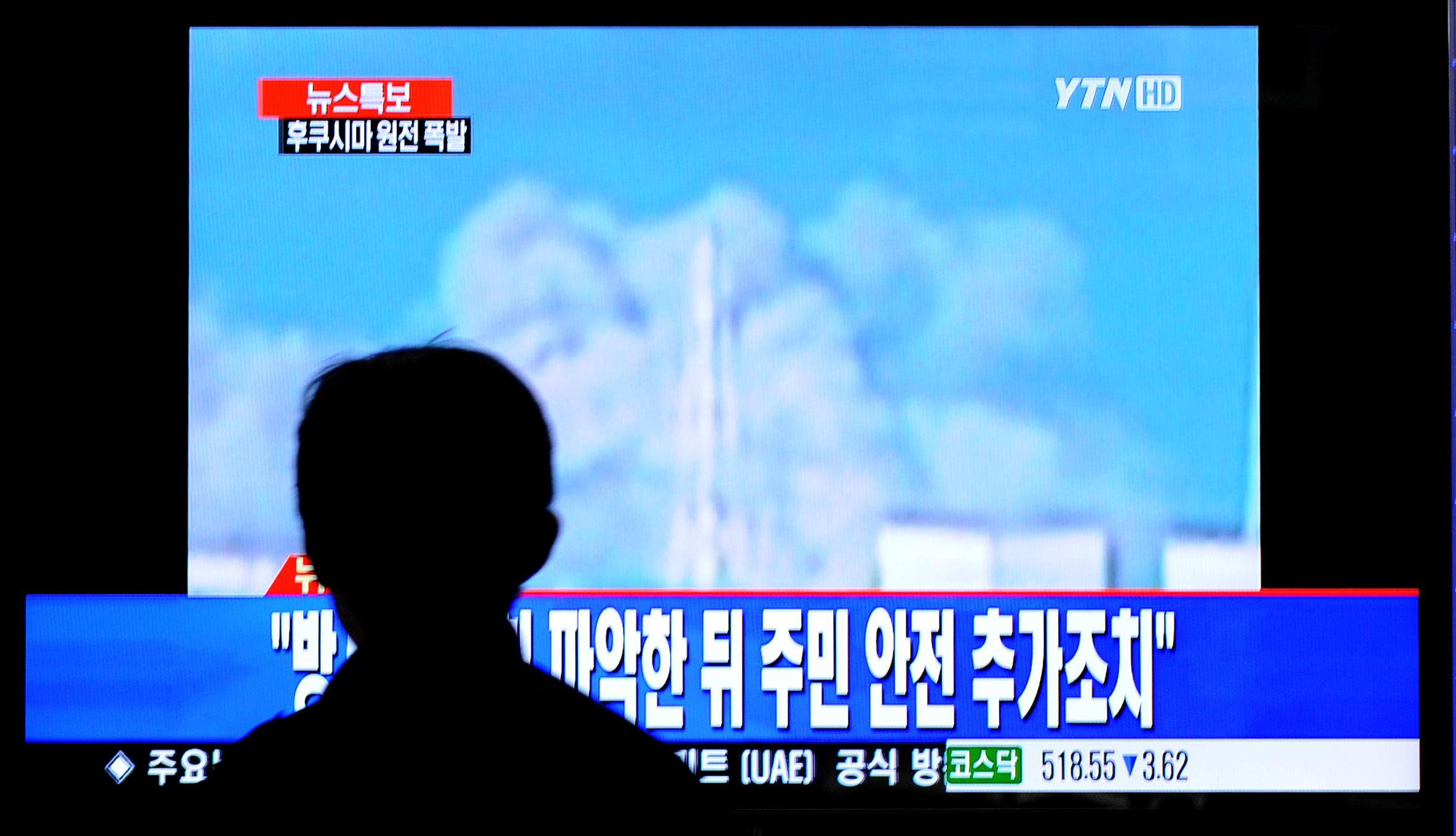Resilience is everywhere. In recent days, the word—which describes the ability of systems to respond, adapt, and succeed when faced with challenges—has been used in news stories on psychology, as in survivors’ response to Fukushima; the U.S. economy, which added jobs even as Europe experienced a financial slowdown; and sports, wherein Orlando Magic coach Stan Van Gundy recently praised his team’s “resilience” in bouncing back after a defeat. Resilience also crops up in discussion about communities, disaster response, national security, business, climate change, and more.
On Friday, March 23, Slate, the New America Foundation, and Arizona State University will hold an event in Washington, D.C., on resilience—what it means, and how we can use it to design a better tomorrow. Speakers will include former acting Solicitor General Walter Dellinger, Bruce Mau of the Massive Change Network, Demon Fish author and Washington Post environment reporter Juliet Eilperin, FEMA Chief of Staff Jason McNamara, and Arizona State University’s Sander van der Leeuw, among many others. Slate’s Matt Yglesias and Emily Bazelon will be there, too.
The daylong conference, “Defining Resilience,” begins at 9:30 a.m. at the New America Foundation’s office, 1899 L Street NW in Washington, D.C. To RSVP and view the full agenda, visit New America’s website.
